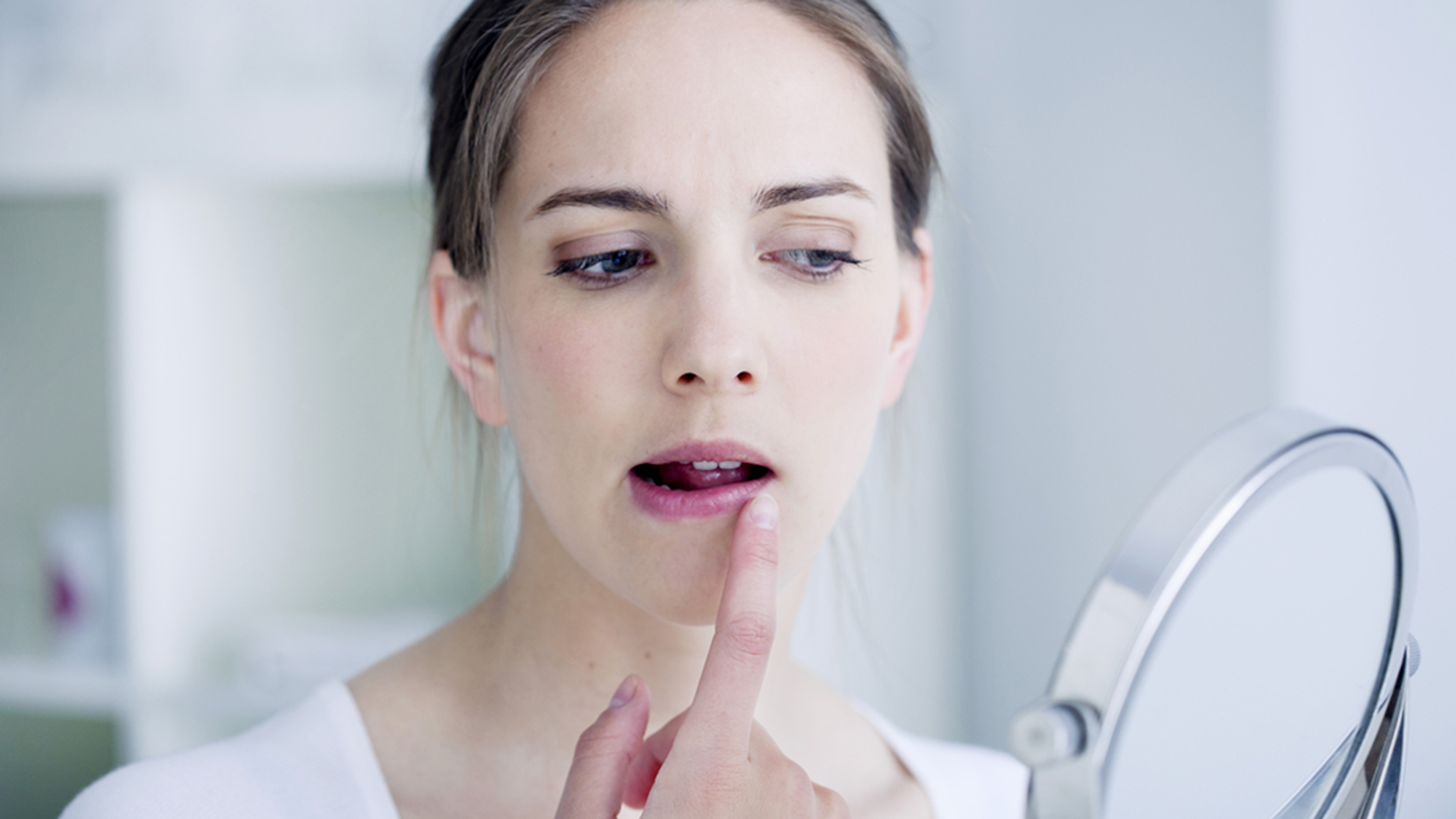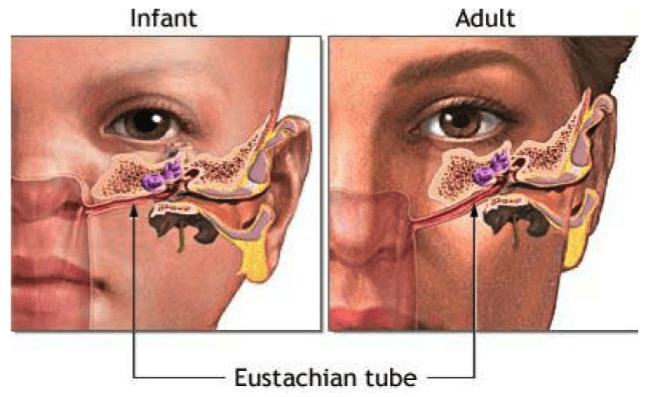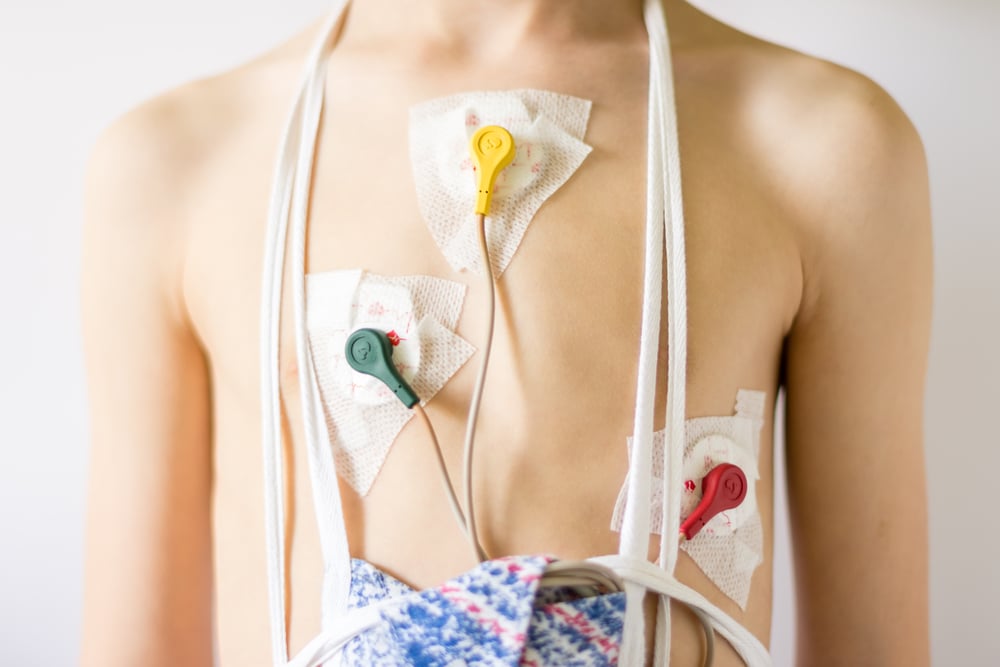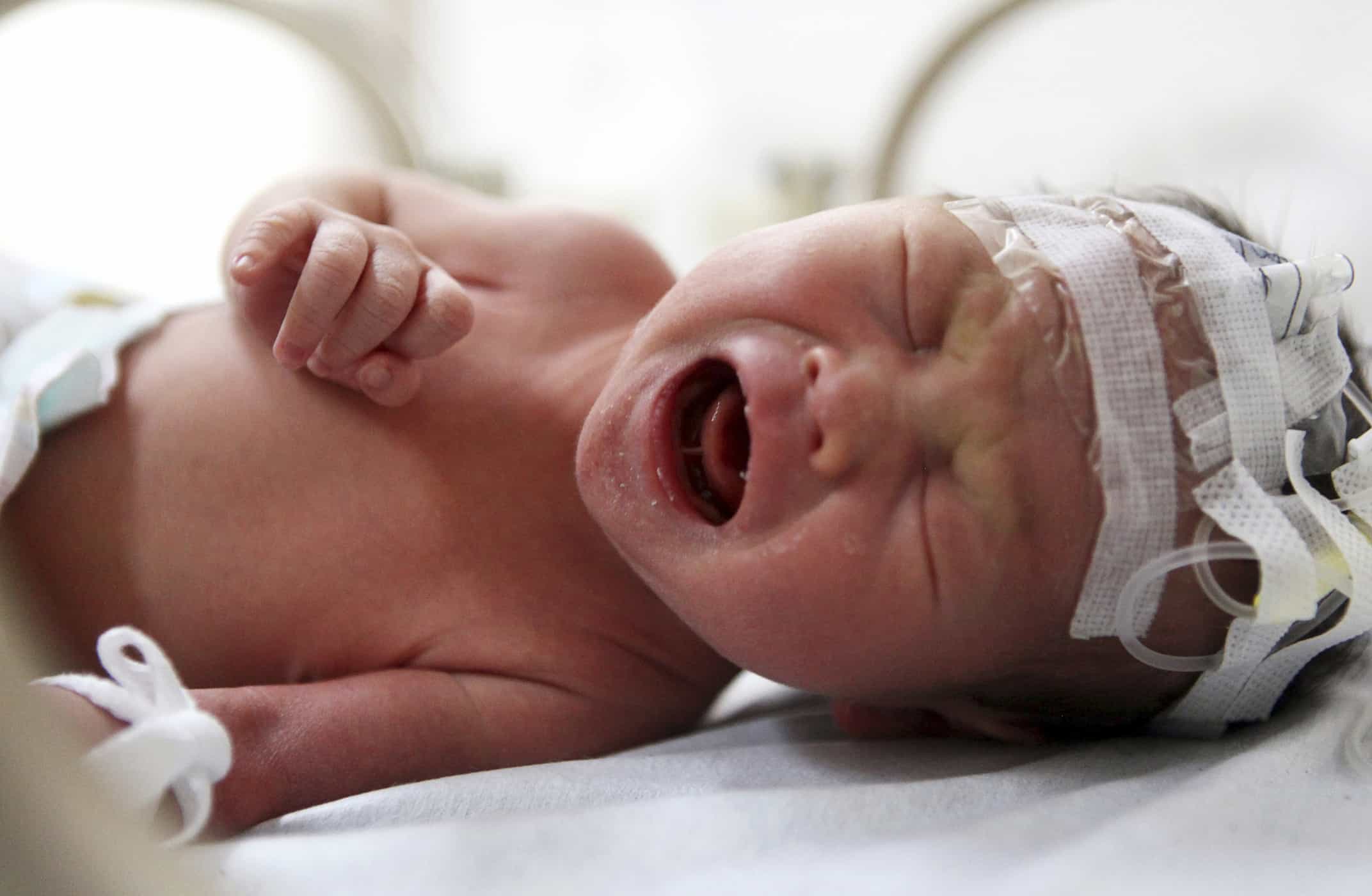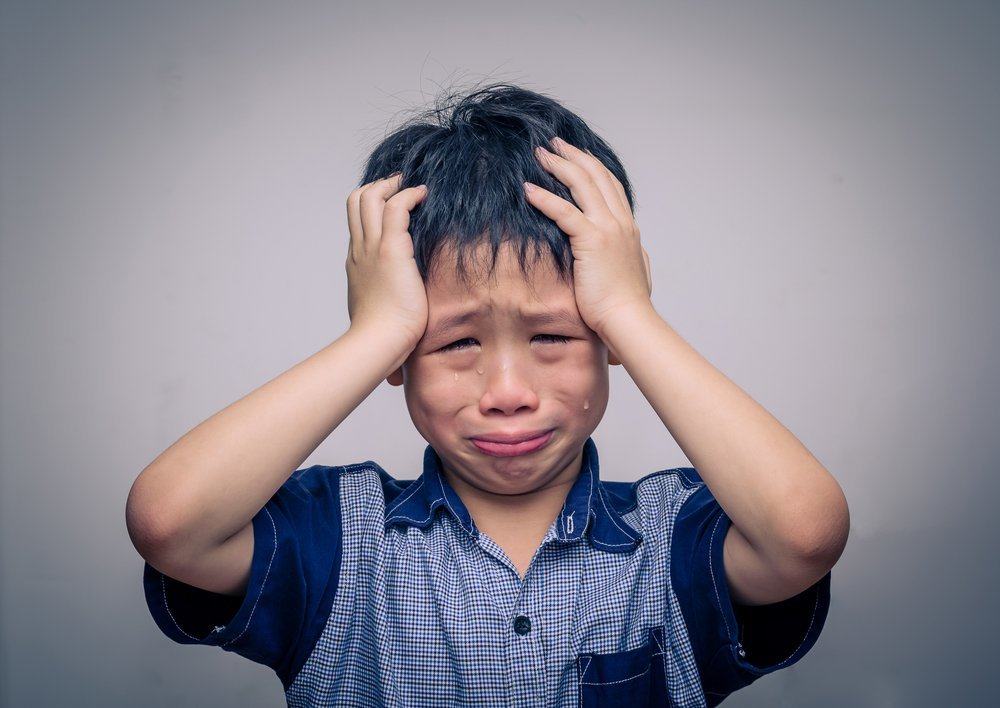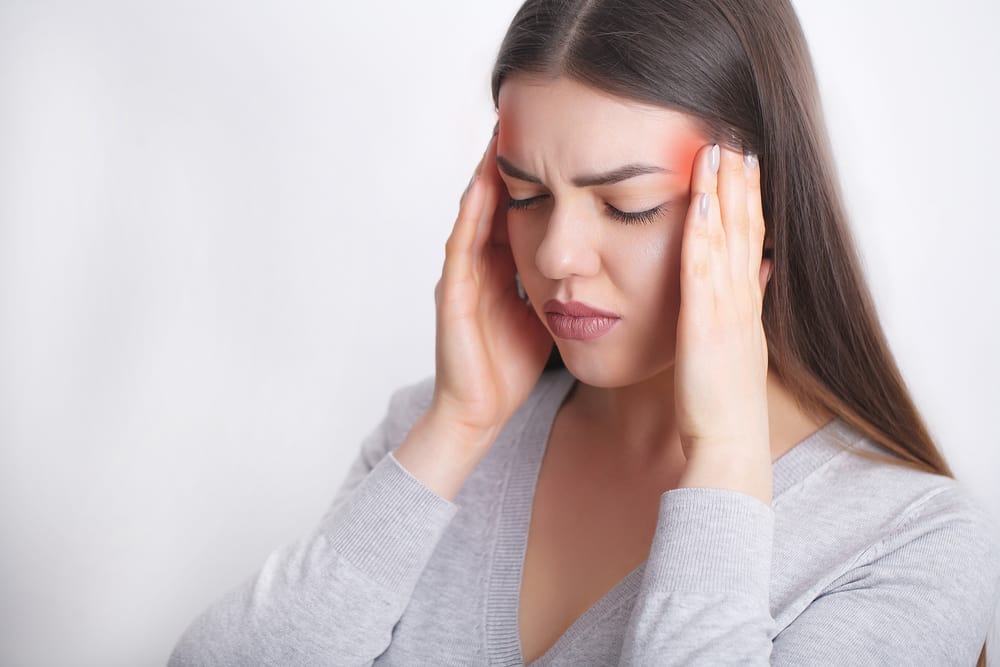Contents:
- Medical Video: Chapped Lips Medical Course
- Angular cheeks on the lips sign of angular cheilitis
- What are the symptoms?
- What caused it?
- Who are at risk for this condition?
- How is angular cheilitis diagnosed?
- How can treatment and preventive measures be taken?
Medical Video: Chapped Lips Medical Course
Have you ever woken up in the morning and felt the corner of your lips feel sore? When viewed, the wound on the lips has red and swollen spots. If so, this might be a sign that you have angular cheilitis. What is the danger, and how to treat it?
Angular cheeks on the lips sign of angular cheilitis
Angular cheilitis (perleche or angular stomatitis) is a wound on the lips characterized by swelling and red spots on the corners. This condition can happen to anyone, including babies.
Angular cheilitis can last for several days or become a chronic problem if it occurs for a long time.
What are the symptoms?
Blisters can occur at one corner of the lip or both sides. The following are other symptoms that may arise from angular cheilitis:
- Spots itch, pain, and / or heat like burning
- The injured skin is scaly or dry
- Spots can swell
- When touched, the spots feel hard
- Sometimes blotches can also bleed
This sores on the lips can make it difficult for you to eat, so your appetite decreases. In addition, this condition also makes it difficult for you to speak and use cosmetics.
What caused it?
The main cause of angular cheilitis is a Candida fungal infection. In addition, wounds on the lips can also be caused by certain bacterial infections.
The production of excess saliva can lubricate the corners of the lips. However, this can actually make the skin around the corner of the lips dry out. When the lip angle dries, the skin will easily crack and get hurt. The habit of licking lips can also make the skin at the corners of the lips dry out quickly and crack. As a result, fungi and bacteria can grow and multiply there to cause infection.
In some cases, angular cheilitis cannot be found with a definite cause.
Who are at risk for this condition?
You are more likely to get angular cheilitis if the mouth corner is often damp. This might occur for various reasons, such as:
- Use braces
- Wear false teeth that don't fit
- Habits often lick lips
- Teeth fall apart
- Sagging skin around the mouth, can be due to aging or weight fluctuations
- Frequently suck thumbs, especially children
- Smoke
- Lack of vitamin B or iron
Certain medical conditions can also put you at high risk for this disease, such as:
- Anemia
- Blood cancer
- Diabetes
- Down syndrome
- Immune disorders, such as HIV
- Kidney, liver, lung or pancreatic cancer
How is angular cheilitis diagnosed?
Maybe you can easily find out that you have angular cheilitis by noticing the condition of the wound on your lips. However, it is better to have this condition checked by a doctor.
The doctor will examine your mouth and lips carefully to see any cracks, red spots, swelling, or blisters. Then, the doctor will also ask what habits often affect your lips.
By checking your condition to the doctor can also ensure that you do not have other diseases that are more serious. Because, herpes labialis and lichen planus have symptoms similar to angular cheilitis.
How can treatment and preventive measures be taken?
Treatment of lip sores will depend on the cause. If caused by a fungal infection, your doctor can prescribe antifungal creams or ointments such as:
- Nystatin (mycostatin)
- Ketoconazole (extina)
- Clotrimazole (lotrimin)
- Miconazole (Lotrimin AF, Micatin, Monistat Derm)
If caused by bacteria, the doctor will prescribe antibacterial drugs, such as:
- Mupirocin (bactroban)
- Fusidic acid (fucidin, fucithalmic)
If this condition is not severe, you can do maintenance at home, such as:
- Use lip balm regularly to prevent chapped lips.
- Keep the wounded area clean and dry to prevent further infection.
- Apply abrasions with petroleum jelly or coconut oil to moisturize the skin around the lips.
- Increase fluid intake and eat fruits and vegetables to meet nutritional needs; or with vitamin supplements.
For prevention you should keep away from habits that can cause angular cheilitis, such as:
- Avoid the habit of licking your lips
- Eat enough nutrition and nutrition
- Do not smoke
- Maintain blood glucose levels and consume insulin properly

